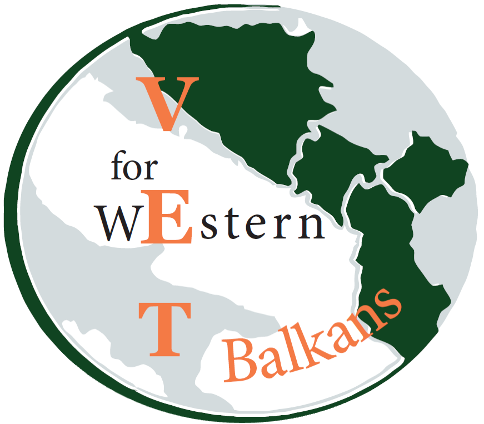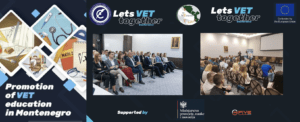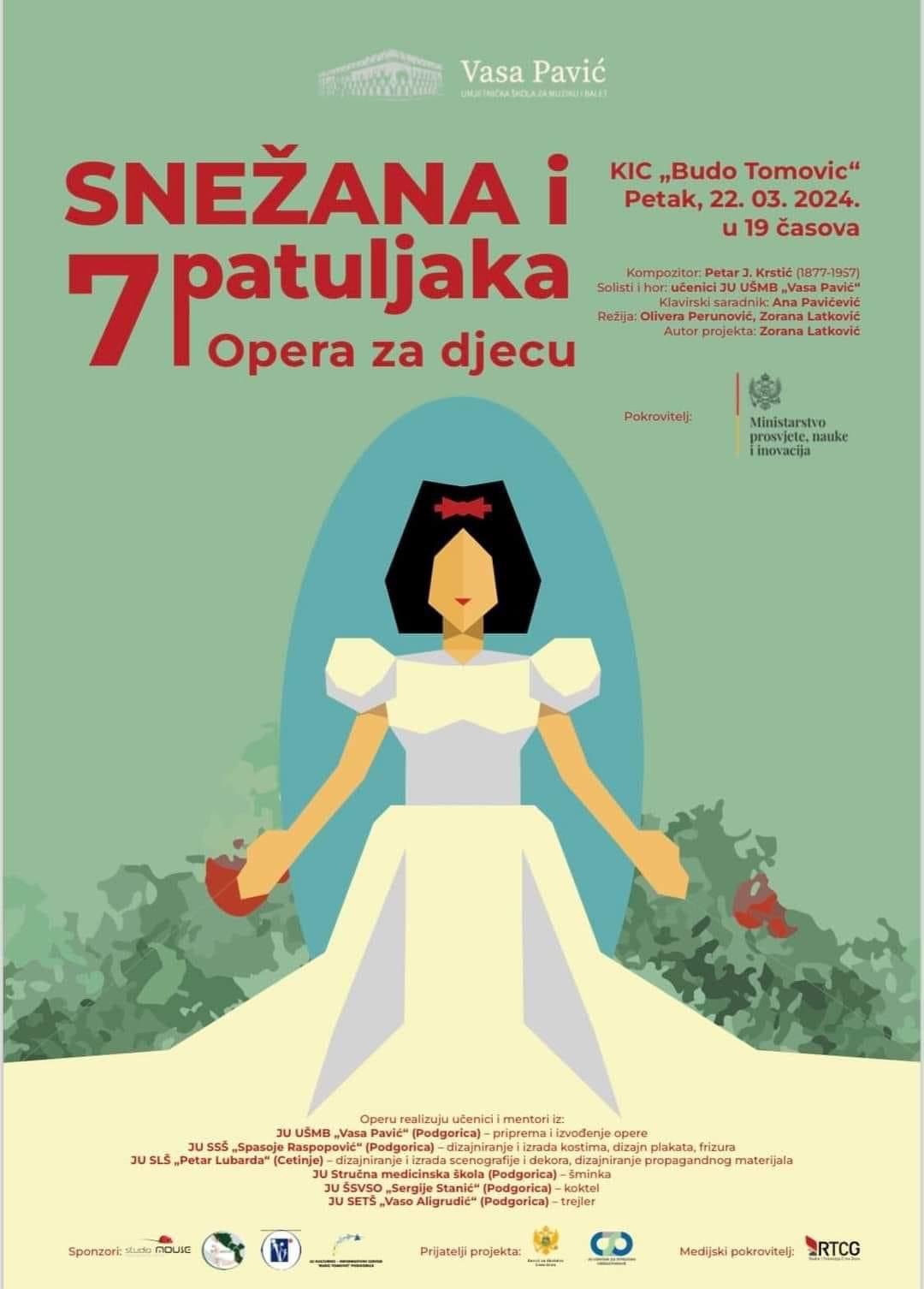Projects
Frames & Elements
22nd - 26th January 2024 | Podgorica, Montenegro
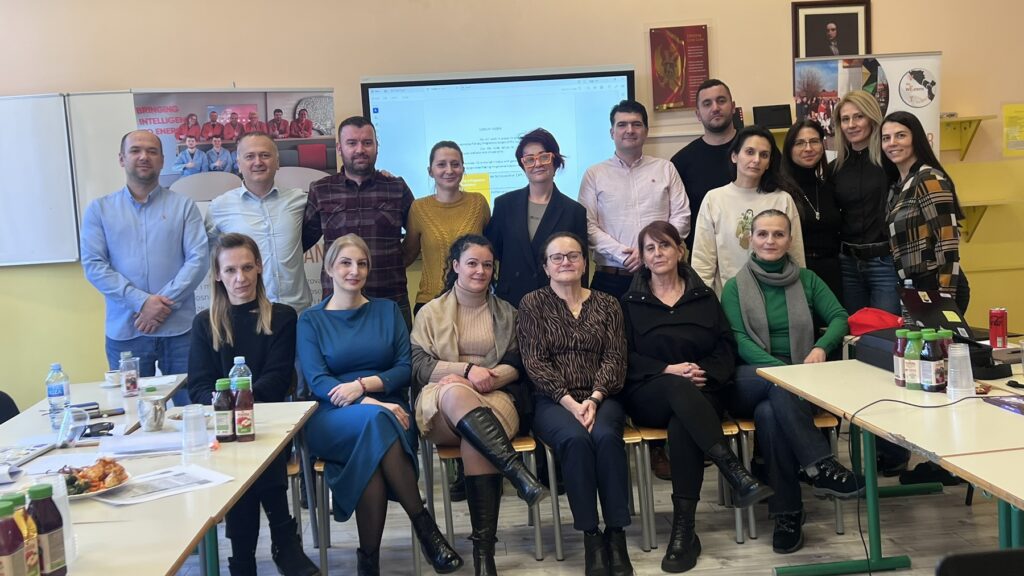
In the period from 22nd to 26th January, 2024, the first of three international trainings about project development, was held at Secondary school for electrical engineering “Vaso Aligrudić” in Podgorica, Montenegro.
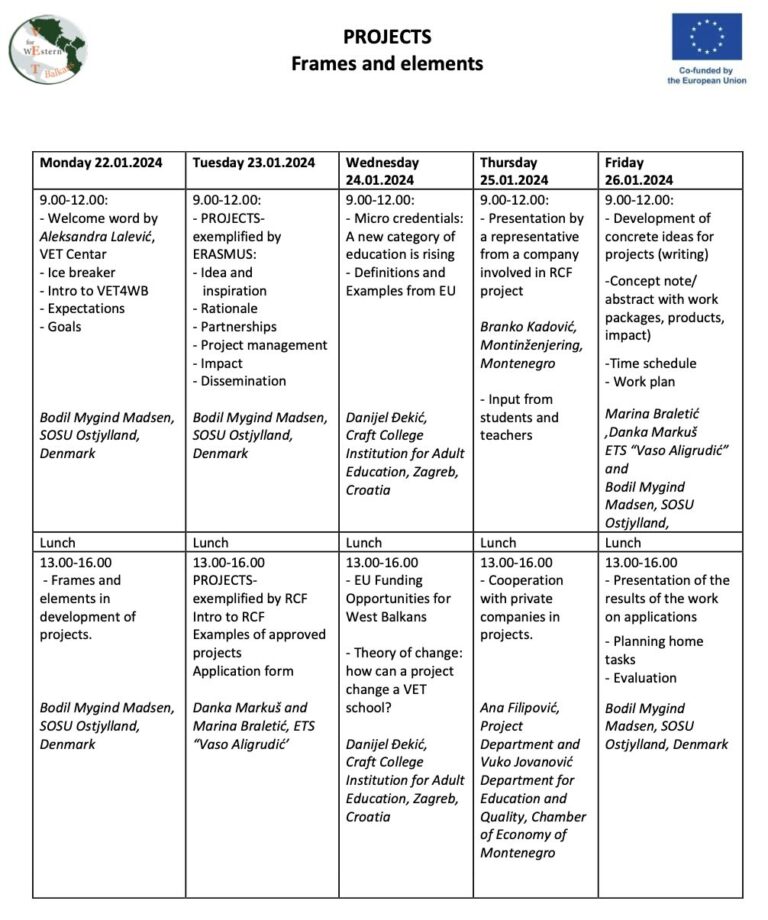
The first day of training started with an interesting way of presentation that helped the 16 participants from Albania, Bosnia and Herzegovina, Kosovo, Montenegro and Denmark feel more comfortable and established good working atmosphere. Then the participants and the trainers expressed their expectations on a personal and professional level, heard how the VET4WB project is going and what the goals of the training are. In the second part of the day, after getting information about the frameworks and elements in the development of the projects and got input, the participants started to develop project ideas and basic concept notes. The homework assignment for the next day was to read the Torino Process document, each for their own country.
On the second day, participants learned how European funds work, and practiced being clear and concise when describing what the project is about. The documents of the Torino Process were discussed and the key issues for each country were highlighted. Through the example of ERASMUS+ projects, participants learned about rationale, partnerships, project management, impact, dissemination and what other things should be paid attention to when developing a project. In the second part of the day, they learned about the Regional Challenge Fund (RCF) and saw an example of one of the successful RCF projects. Each participant got an online handbook for their practical work and to track their development. A goal to have as many of them as possible in the future was set. At the end of the day participants developed many good ideas.
On the third day Mr. Danijel Đekić, Head of International Relations, from the Vocational Institute for Adult Education from Zagreb was a guest trainer. He provided information about microcredentials and shared his great experience of applying for various EU funds for projects. He explained the importance of knowing the policy and gathering documentation before applying for a project. A very important topic was Theory of Change: how can a project change a VET school. Exercises about the impacts of global key issues were discussed in mixed groups. It was very useful that Danijel showed key points when applying for projects and the most common mistakes.
On the fourth day of the training, representatives from local institution contributed to the training. The first part of the day was dedicated to the RCF experience: From the creators of three successful applications, participants heard how cooperation between companies and schools should be established, in order to attract companies to the consortia for projects. They shared their experience about the obstacles and how to overcome them. Students involved in practical education through RCF had the impressive presentations about their experience with companies. The students showed us that their collaboration with companies was kind of a project in itself. In the second part of the day, guests from the Chamber of Economy of Montenegro, Mr. Vuko Jovović from the Department of Education and Ms. Ana Filipović the Project Department introduced participants to the way the Chamber and their departments work. The participants heard about projects that are relevant for them, information that will be useful in writing new projects.
The last day of the first of the three project trainings, started with going through steps of successful project application. After getting input, participants started developing concrete ideas for project for each country and through national groups exercise they filled in the parts of actual application in their handbooks.
In the second part of the day, Ms. Aleksandra Lalević director of the Vocational Education Center came to welcome the participants to Montenegro and to listen to all the presentations of the group work. She was very satisfied with what she heard and expressed her admiration for such a great training with good project concept notes as the result. At the end of the training, home assignments were agreed on and the participants filled in online evaluation questionaries in order for the external evaluator to sum up the feedback from all.
The training was performed by:
Ms. Bodil Mygind Madsen, European Senior Manager
Ms. Danka Markuš, teacher and school project coordinator
Ms. Marina Braletić, teacher and school project coordinator
